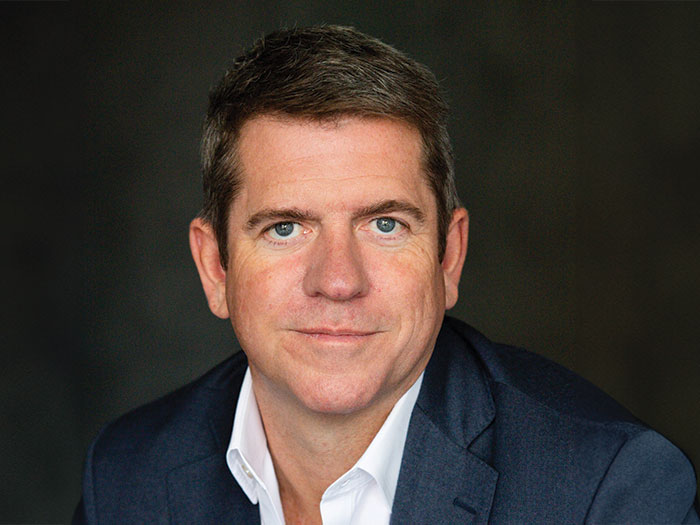Legal Roundup: Company Softball Not Covered Under Workers’ Comp, Clint Eastwood Won’t Sell You Pot and More

You Don’t Really Think Clint Eastwood Is in the CBD Business, Do Ya Punk?
The Case: Despite what you may have read on the internet, Clint Eastwood is not making CBD products.
In fact, Eastwood sued approximately 20 companies spreading false news stories claiming he was the mastermind behind their products.
The Associated Press reports: “Two lawsuits filed in federal court in Los Angeles include allegations that companies have spread phony articles reporting that the 90-year-old actor-director is quitting the movie business to focus on a CBD business. The lawsuits say Eastwood has no part in the manufacture, sale or promotion of CBD, a chemical derived from marijuana often sold as a dietary supplement or included in creams and ointments.”
Scorecard: The case has just recently been filed and has not yet come to a resolution. One of the companies blamed it on their advertising partner while others didn’t respond to requests for comment from the AP.
Takeaway: The consequences of spreading false information can be severe if the content causes harm — including reputation damage. Knowingly publishing fake news may not be covered under a product liability policy.
Burger King Beats Vegans in Impossible Whopper Case
The Case: The meatless meat craze finally went mainstream last year when fast-food giants like Burger King began offering items like the Impossible Whopper.
But a group of vegan diners were anything but happy.
They sued Burger King because the wheat-and-potato protein patty was cooked on the same grills as beef and chicken.
The New York Post reports: “A vegan man named Philip Williams brought the class-action suit in November claiming Burger King ‘contaminated’ its Impossible Whoppers by exposing them to meat byproducts on its grills, a fact he said the chain failed to disclose on its menus.”
Scorecard: U.S. District Judge Raag Singhal dismissed the lawsuit.
Singhal wrote, according to the New York Post: “Plaintiffs argue Burger King’s advertisement promised more than a non-meat patty … This Court cannot agree. Burger King promised a non-meat patty and delivered with the ‘Impossible Burger.’ ”
Takeaway: The case could serve as a precedent to protect other large food companies from similar allegations. It all comes down to specific language used, and the technical definitions of health claims such as “vegan” versus “vegetarian.”
Company Softball Injury Doesn’t Qualify as Workers’ Comp
The Case: William Weller ruptured his Achilles tendon during a company softball game in 2015.
Employed by Wilmington, Del.-based law firm Morris James, Weller argued that playing on the softball team was part of his normal course and scope of work.
After filing a workers’ compensation claim, he says he was targeted for retaliation.
Scorecard: The Associated Press reported that the Superior Court Judge Jan Jurden dismissed the case and refused to overturn her decision on appeal.
“Jurden ruled in May that alleged acts of misconduct by the law firm did not constitute adverse employment actions against Weller, and that some claims involving conduct in 2015 were barred by the passage of time.”
Takeaway: Extracurriculars are just that — extra. The Associated Press reports: “Weller argued that Morris James employees were pressured into playing on the firm’s softball team, but the 2018 court ruling said participation was voluntary, and that there was no evidence that playing softball was a job requirement.”
Employers should make clear when social events are voluntary, and remind workers that they participate at their own risk.
Utility to Pay $520 Million Over Failed Nuclear Plan
The Case: Santee Cooper had been trying for years to expand a nuclear plant Fairfield County, South Carolina.
It collected higher power bills from customers to help pay for the $9 billion plant but the company eventually abandoned the project in 2017. Then customers sued to get their money back.
Scorecard: South Carolina Supreme Court Chief Justice Jean Toal approved a $520 million settlement in the case.
The Charleston Post and Courier reported: “The deal requires Santee Cooper to freeze its electric rates for four years and pay $200 million to its ratepayers, including members of South Carolina’s 20 electric cooperatives who purchase the utility’s power indirectly.”
It reported that the other $320 million “would be supplied by Dominion Energy, the Virginia-based company that last year purchased S.C. Electric & Gas — Santee Cooper’s partner on the nuclear project.”
Takeaway: The newspaper called the project “one of the greatest business failures in state history.” Businesses that fall victim to poor fiscal planning will still have to repay their debts. &










